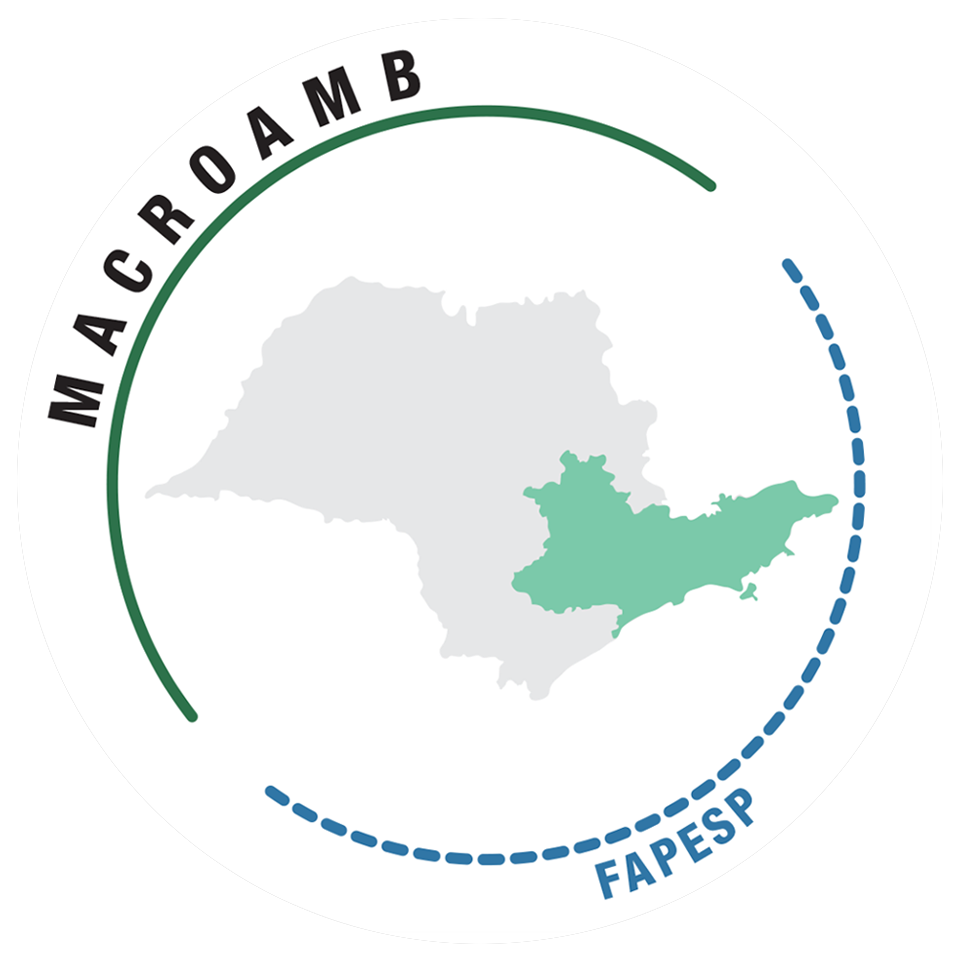Artigo: Participatory urban solid waste governance in the global South
Worldwide urban waste management is a critical public service that if lacking or deficient creates serious problems, affecting the sanitation, public health and general living conditions in the city as well as contributing to global warming and even impacting the wider marine and terrestrial ecosystems. Furthermore, inadequate waste management and lack of waste reduction measures contribute to the waste of natural resources and the contamination of the environment and can further also affect the livelihoods of those who depend on the collection of recyclable materials. Waste governance is emerging as transdisciplinary and inter-sectoral approach to waste management and policy, moving away from a primarily engineering and prescriptive perspective. Waste is more than a sanitary or health problem to be addressed with technological solutions only. The process of governing waste involves the articulation of different structures, institutions, practices and actors. Issues of power, scale, and equity are equally important. Innovative forms of governance are emerging as decentralized, participatory and inclusive, focused on waste reduction and resource recovery. With this article we aim to provide practical knowledge on the contributions of grassroots organizations and networks in waste management, supporting the discussion of good waste governance in specific city contexts. We bring a wide variety of experiences where different forms of waste governance are practiced to showcase their assets and to discuss prevailing challenges. We are informed by a situated urban political ecology perspective, allowing us to address everyday issues of waste generation, management and governance in Brazilian cities and in other parts of the world.
Autoras: Gina Rizpah Besen e Jutta Gutberlet
Link de acesso: http://dlc.dlib.indiana.edu/dlc/bitstream/handle/10535/10490/Paper%20Ostrom%20Workshop%20Besen%20%26%20Gutberlet.pdf?sequence=1&isAllowed=y
